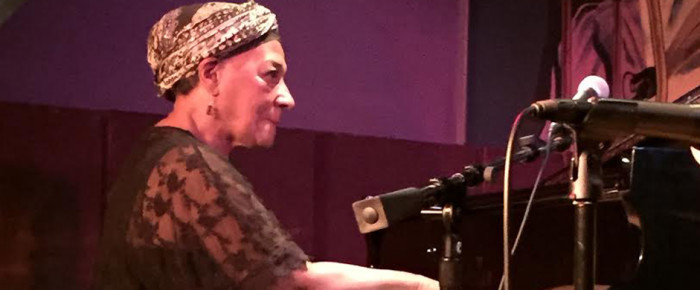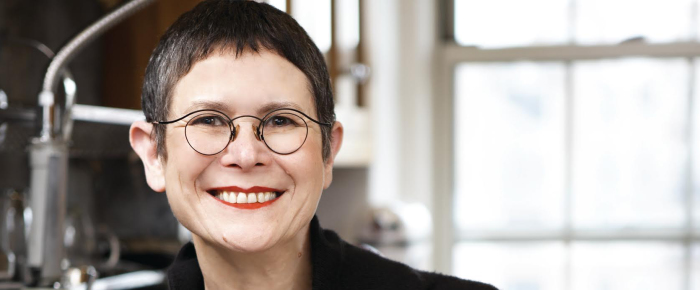Bertha Hope has been surrounded by music all her life. Her father Clinton (Henry) Rosemond was a dramatic baritone singer who traveled all over Europe to perform, she married two…
Read moreJazz piano legend advises to talk less and listen more


Bertha Hope has been surrounded by music all her life. Her father Clinton (Henry) Rosemond was a dramatic baritone singer who traveled all over Europe to perform, she married two…
Read more
Miguel Perez, 64, always wanted to be a journalist from as young as he can remember. Since moving to the U.S. from Havana, Cuba as a refugee, in 1962, he…
Read more
On a typical day, Sandra Cisneros likes to wake up gently, without an alarm clock, around 9:30am. She stays in her pajamas until 1pm, and then starts writing on her…
Read more
Barney Smith is a retired master plumber from Alamo Heights, Texas. At 93, he still treasures the trade that was passed down to him from his father by memorializing damaged toilet…
Read more
Baker extraordinaire Dorie Greenspan never attended culinary school, yet she has won the prestigious James Beard Foundation Award three times for her numerous cookbooks and culinary magazine articles. Her 11th…
Read more